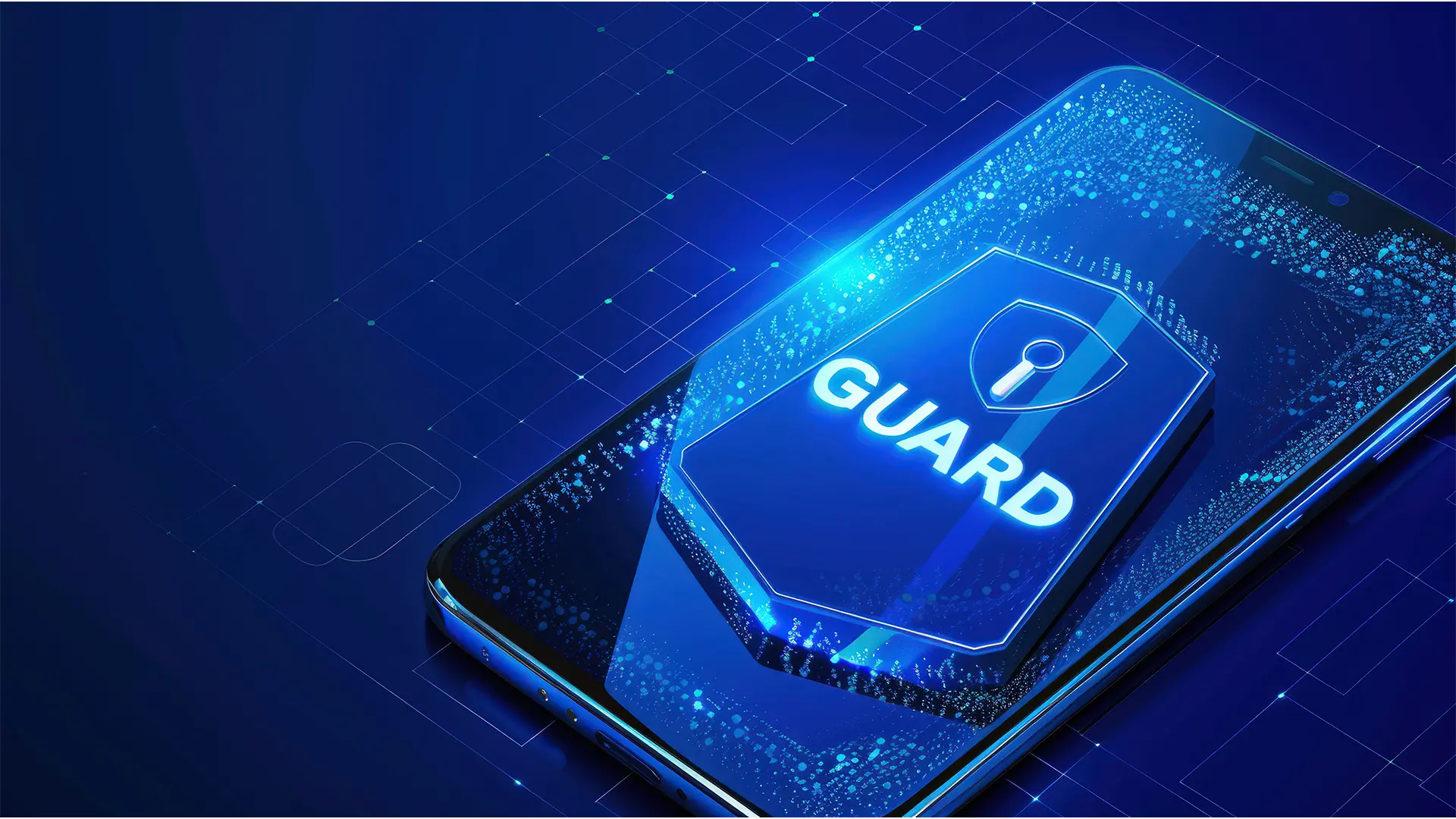Table of contents
- Why is mobile security important?
- Mobile antivirus: The first line of defense
- Protecting Your device: beyond antivirus
- Education and awareness
- Mobile security practices
Why is mobile security important?
Our mobile devices are like gold mines of personal data. For this reason, they are often targets of cybercriminals who seek to steal them to access bank accounts and compromise our privacy. Threats can come from malware, phishing, man-in-the-middle attacks, and vulnerabilities in the apps we use every day. With our increasing reliance on these devices, protecting our sensitive information is more important than ever.
Mobile antivirus: the first line of defense
You are probably wondering how you can ensure the security of your data on your smartphone or tablet. The first line of defense for mobile devices is to install mobile antivirus softwares. These are essential for defending your device against cyber threats. There are many free and paid options, each with different features depending on your needs and the operating systems you use. Let’s examine a few.
Free Android antivirus
- AVG Antivirus
Offers real-time protection, app and file scanning, and features to improve your device’s performance.
- Avast Mobile Security
Includes Wi-Fi network scanning, app protection with a PIN, and anti-theft features.
- Bitdefender Mobile Security
Provides automatic and manual scans to ensure device security.
Free iOS Antivirus
- Avira Mobile Security
Comprehensive protection with network scanning and phishing protection.
- McAfee Mobile Security
Includes device location, contact backup, and privacy protection.
- Lookout Mobile Security
Offers antivirus protection, anti-theft features, and data backup.
Protecting Your device: beyond antivirus
- System updates
Hackers find it easier to steal data when systems are outdated. Always keep your operating system and apps updated to fix security vulnerabilities.
- Use of secure Wi-Fi networks
Public Wi-Fi networks can be dangerous. Use a VPN to encrypt traffic and protect sensitive data.
- Data backup
Regularly back up your data to recover it in case of a cyber attack or device loss.
- Two-factor authentication (2FA)
Enable 2FA to increase the security of your accounts. Even if a cybercriminal obtains your password, they cannot access your account without the second authentication factor.
Education and awareness
- Avoid Suspicious Links and Unverified Attachments
Do not click on links or open attachments from unverified sources to avoid phishing.
- App management
Only install apps from trusted sources like the Google Play Store and the App Store. Check reviews and the permissions requested by the apps.
- Device security settings
Use screen lock with a PIN, password, or fingerprint. Activate location and remote wipe features to protect data in case of loss or theft.
Mobile security practices
Protecting smartphones and tablets is essential to maintain privacy and data security. Use mobile antivirus software and adopt cyber security practices such as regular updates, the use of secure networks, data backups, and two-factor authentication. With the right combination of technology and prudent behavior, we can effectively protect our devices from cyber threats.
What can you do to protect data on smartphones and tablets?
Do you want to keep your privacy and data safe? To do this, it is crucial to start by protecting your smartphone or tablet. Here’s how:
- Use mobile antivirus
A good antivirus can make a difference in keeping cybercriminals at bay.
- Regular updates
Ensure your operating system and apps are always updated with the latest security patches.
- Use secure networks
Avoid connecting to unprotected public Wi-Fi networks and use a VPN when possible.
- Data backups
Never lose important data by performing regular backups.
- Two-factor authentication
Add an extra layer of security with two-factor authentication.
